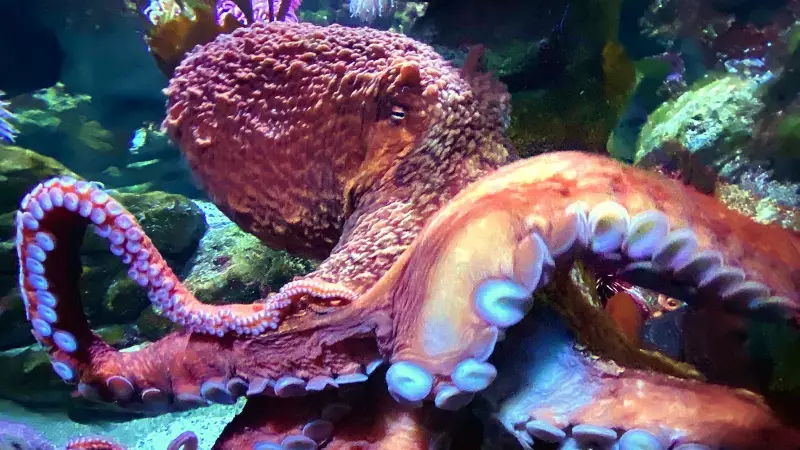
When we consider intelligence, humans typically come to mind as the most advanced species. However, nature presents numerous animals demonstrating extraordinary cognitive abilities that continue to astonish researchers worldwide. Their intelligence frequently becomes crucial for survival, whether in hunting for food, forming social connections, or adapting to environmental changes.
Our Closest Relatives: The Primate Genius
Chimpanzees, sharing nearly 99% of our DNA, display remarkable mental capabilities that closely resemble human intelligence. Scientific observations have documented these primates creating tools, mastering sign language, and even outperforming humans in specific memory tests. Researchers have witnessed chimpanzees fashioning spears for hunting purposes and solving logical puzzles that challenge many people.
Marine Marvels: Aquatic Intelligence
Bottlenose dolphins stand out as highly social creatures with exceptional collaborative skills. They communicate using distinctive whistles that function as individual names, comprehend human signals, and demonstrate self-awareness by recognizing their reflections in mirrors. Certain dolphins have learned to tackle complicated problems and mimic human behaviors through training.
Possessing the largest brains among land animals, elephants exhibit incredible memory feats, such as remembering remote water sources after many years. These gentle giants display emotional depth by grieving their deceased, utilizing tools, and showing empathy toward others. Watching elephants interact often reveals what appears to be ancient wisdom in action.
Octopuses, despite being invertebrates, have stunned scientists with their problem-solving capabilities. These cephalopods can navigate through mazes, open containers by unscrewing lids, and employ coconut shells as portable hiding spots. Some octopuses appear to engage in playful behavior with objects, indicating higher cognitive functions.
Avian and Domestic Brilliance
The crow family, particularly crows and ravens, have earned their reputation as the most intelligent birds. Crows have been observed using sticks as tools, solving complex multi-step puzzles, and identifying specific human faces. Ravens have demonstrated forward-planning abilities and cooperative strategies to overcome competitors.
Man's best friend, particularly breeds like Border Collies, can comprehend up to 200 words and execute complicated commands. Dogs possess an innate ability to interpret human cues, making them not only devoted companions but also remarkably quick learners.
Often underrated, pigs have demonstrated learning capacities equivalent to three-year-old human children. These animals have successfully completed maze challenges and learned to operate video games using joysticks.
Goats have shown superior performance compared to sheep in memory tests and object-tracking exercises. They learn rapidly, especially when presented with mechanical puzzles or food-related challenges. Research indicates that goats retain knowledge of learned tasks for several months—impressive capabilities for farm animals.
In a remarkable demonstration, a sea lion named Ronan amazed scientists by synchronizing movements to rhythmic sounds, an ability previously believed limited to vocal-imitating species like birds and humans. Sea lions have exhibited significant long-term learning and problem-solving skills in various studies.
These nine species represent just a fraction of the intellectual diversity found in the animal kingdom. Their unique forms of intelligence—spanning tool use, emotional awareness, complex communication, and problem-solving—continue to reshape our understanding of cognitive evolution and the many ways intelligence manifests in nature.






